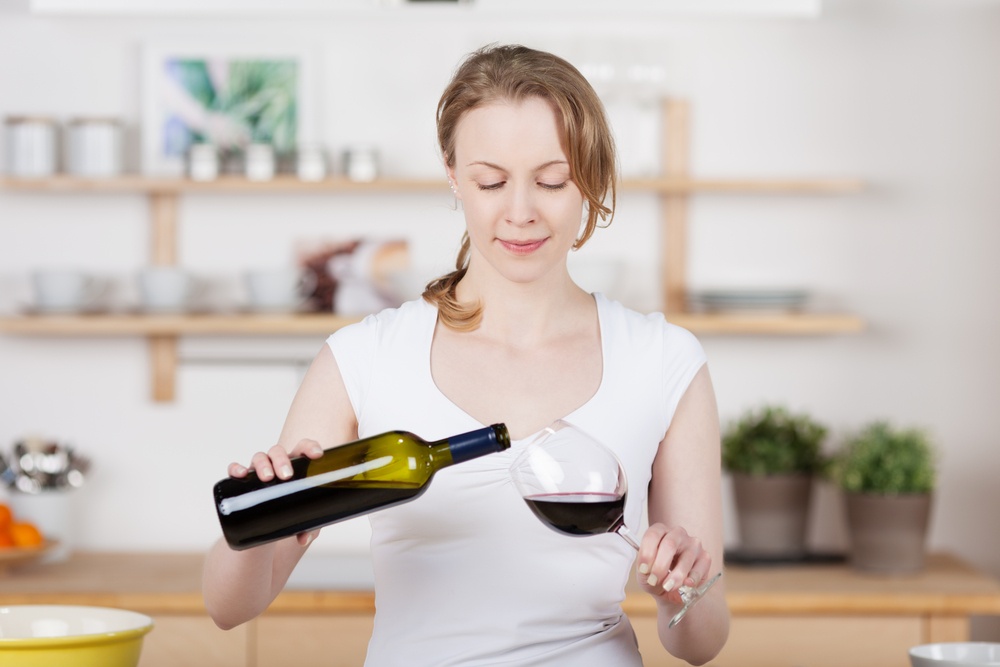Alcohol and Sleep: A Mixed Bag
PICTURE A LONG day at work. The boss is irritated about something (again), and he’s decided to pile on the work right before a the New Year holiday weekend, and you’re hosting the big family gathering this year. You’ve also been trying to get a repairman in to fix your oven before the big event, but you had to cancel the appointment to pick up a sick kid from school. Top it off with some cat barf and political squawking on Facebook, and how will you ever sleep tonight?
Merlot to the rescue, right?
Maybe. While it’s true that your favorite bottle of wine or mixed drink will make you feel relaxed and drowsy, it’s not necessarily a great way to induce restful sleep. Here’s what you should know about alcohol and sleep before popping the cork on your nightcap.
Alcohol Does Induce Sleep — at First
One of the effects of alcohol is drowsiness, which often sets in after the relaxing sensation of your first several sips. So it’s true that a glass of beer or wine can take the edge off of a crazy day, just like the memes would have you believe. It’s also true that, for a generally healthy person, a drink before bedtime will help bring on sleep more quickly and lead to a period of deeper sleep — for a bit.
Alcohol Interrupts Sleep Later on
Unfortunately, alcohol also has some disturbing impacts on your sleep. A recent study at the Melbourne School of Psychological Sciences Sleep Laboratory found that a classic screwdriver cocktail consumed as a nightcap did indeed lead to longer periods of delta activity in the brain, a process associated with deep, restorative sleep. At the same time, alcohol also increased the brain’s alpha waves, which are associated with a brain that’s wide-awake. In the end, these factors cancel each other out.
Alcohol Reduces REM Sleep
There’s also evidence that alcohol cuts rapid eye movement (REM) sleep short — which is too bad, as this restorative sleep stage leads to dreaming and good long-term memory storage. Though deep sleep was noted early in the night, alcohol tended to disrupt sleep in the second part of the night, causing people to wake up more often and feel groggy the next day.
Alcohol and Sleep Homeostasis
Other studies suggest that alcohol interferes with your brain’s sleep homeostasis, its mechanism for regulating your need for sleep. This part of your brain makes you feel tired when you need to rest. Alcohol can interrupt this process and begin to change your sleep patterns so you wake up more often in the middle of the night. Alcohol is linked to insomnia much more often than it is associated with better sleep.
Alcohol and Sleep: The Bottom Line
Once in a while, enjoying that drink at the end of the day to unwind is no big deal. But the overwhelming result of the research points to alcohol being worse for your sleep in the long run. To avoid interrupted sleep, altered sleep patterns and developing a dependency, it’s best not to rely on alcohol as a regular part of your sleep routine.
If you find yourself beginning to rely on that glass of wine before bed to fall asleep, talk to your doctor about other alternatives. He or she can point you in the right direction to find help dealing with stress or in diagnosing an underlying sleep disorder that’s keeping you up at night. Otherwise, alcohol is like anything else — best when enjoyed in moderation.




